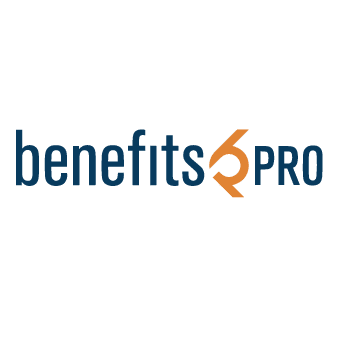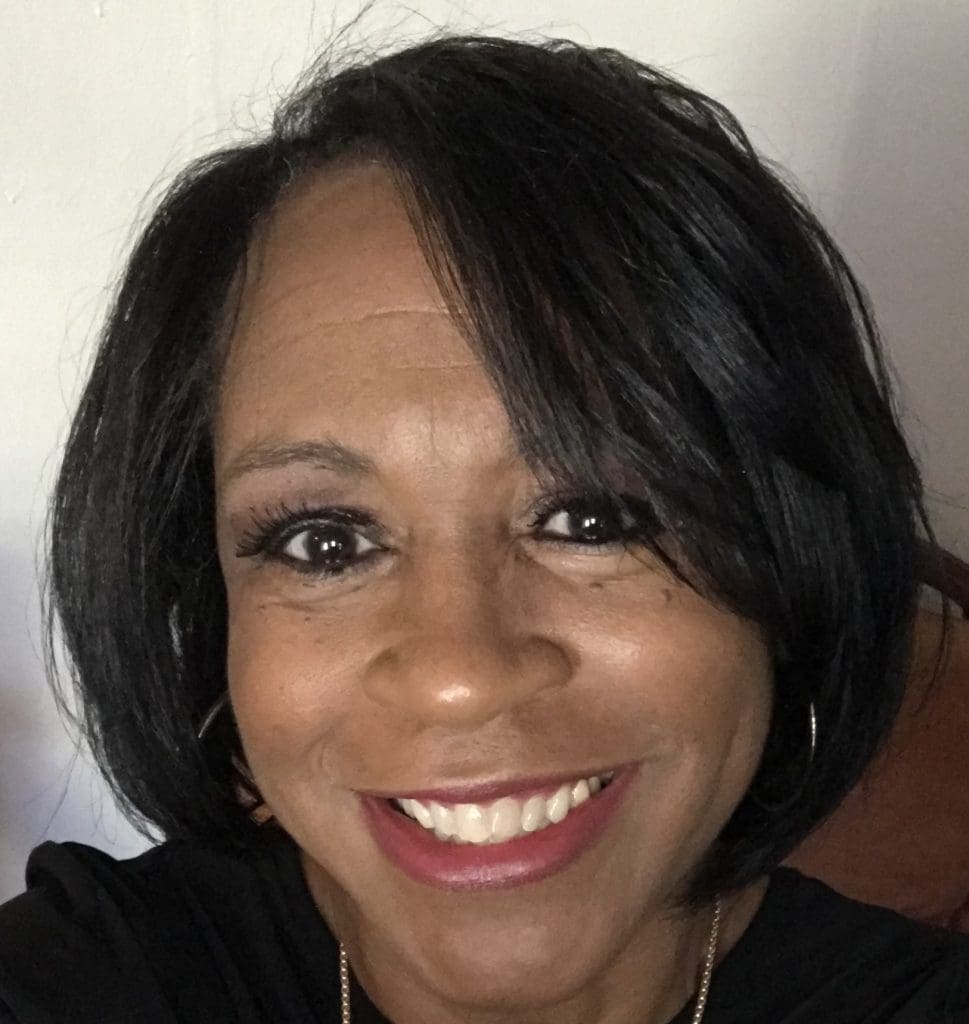
“We have the opportunity to apply lessons learned from the pandemic to develop ways to serve the needs of our multi-generational workforce with more effective COBRA communications.“
November 30, 2022
By Levita Scull
Originally Posted on BenefitsPRO.com
The COVID-19 pandemic dramatically changed American attitudes toward work. The Great Resignation and Quiet Quitting phenomena have proven that workers expect more support and attention from their employers than in the past and are willing to risk their jobs and incomes to get it.
In providing support for workers that is more robust, employers have wisely begun paying increased attention to such factors as generational variances. Changes in technology and societal norms over the past century have led to significant differences in how each generation prefers to learn and communicate. In turn, this influences how they understand and respond to incoming information.
Close to home
The impact of a person’s age cohort on how they communicate was brought home to me personally in recent months as I helped my mother sign up for Medicare and my grandson enroll in his first “career job” benefits.
In my mother’s case, so much of the information she received arrived via email and on the web, but as an older baby boomer, she remains uncomfortable with digital information. My mother prefers printed information that she can hold in her hands and study when she wants without remembering passwords, scrolling endlessly, or wondering if she has missed any clicks.
At the other end of the spectrum, my grandson could be a poster child for Gen Z. As we sorted through his benefits enrollment packet, he continually expressed frustration that he couldn’t just take care of this entirely online or — better yet — from his mobile device.
Layoffs and COBRA insurance
COBRA regulations ensure that Americans who have lost their jobs (except for reasons of gross misconduct), had their hours reduced, or experienced certain other events have options to maintain health coverage for themselves and their dependents.
The U.S. may face a significant period of layoffs in 2022 and 2023. In August 2022, PricewaterhouseCoopers (PwC) surveyed 722 U.S. executives about their workforce expectations for the next 6-12 months, and more than 50% said they plan to make significant headcount reductions.
The COBRA election (enrollment) notice that the U.S. Department of Labor requires employers to send to COBRA-eligible persons consists of more than 3,200 words spread over about 10 pages of dense, single-spaced text and forms.
Wading through COBRA communications like that is not a comfortable experience for anyone, let alone the potential COBRA enrollee who is often dealing with a stressful time.
Read the full article on BenefitsPro.com.

Levita Scull
Product Manager, COBRA and Premium Billing Products, DataPath, Inc.
Levita Scull is the product manager for COBRA and premium billing products at DataPath, Inc. She began her career in programming, development, and systems engineering. Scull also has 15 years of experience in project management and systems improvement.
For 40 years, DataPath has been a pivotal force in the employee benefits, financial services, and insurance industries. The company’s flagship DataPath Summit platform offers an integrated solution for managing CDH, HSA, Well-Being, COBRA, and Billing. Through its partnership with Accelergent Growth Solutions, DataPath also offers expert BPO services, automation, outsourced customer service, and award-winning marketing services.
